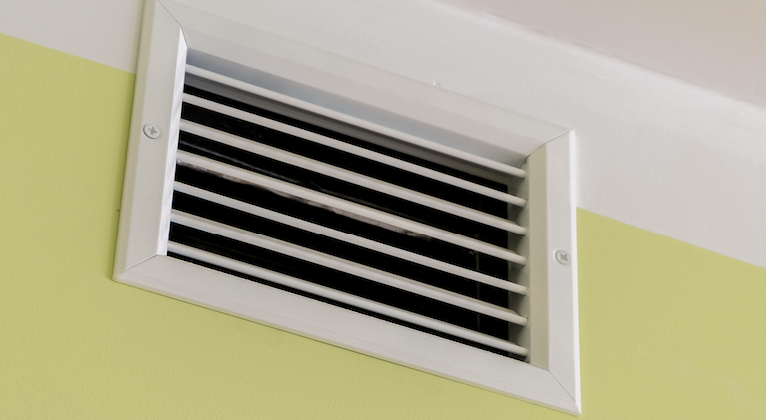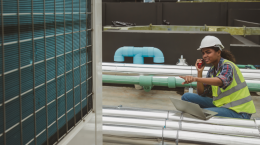The installation of air conditioning systems in commercial environments is essential to guarantee thermal comfort and air quality, factors that directly influence employee productivity and customer experience. These systems are designed to meet the specific needs of different types of establishments, such as offices, stores, restaurants and factories.
Benefits of installing commercial air conditioning
The installation of commercial air conditioning offers several benefits:
- Thermal comfort: Maintains pleasant temperatures throughout the year, regardless of external weather conditions.
- Air quality: Improves indoor air quality, filtering pollutants and regulating humidity.
- Energy efficiency: Modern systems are more efficient, reducing energy consumption and operating costs.
- Durability: Quality, well-installed equipment has a longer useful life, with less maintenance required.
HVAC systems for multifamily buildings
You multi-family HVAC systems are designed to meet the heating, ventilation and air conditioning needs of multi-family buildings such as condominiums and apartment buildings. These systems are essential to guarantee the comfort of residents and the energy efficiency of the building.
1. Types of systems
Central systems: A single centralized system that serves all units in the building, providing uniformity in air conditioning.
Individual systems: Each unit has its own HVAC system, offering individualized control for residents.
2. Advantages of central systems
Energy efficiency: Centralized systems are generally more efficient as they operate on a large scale.
Simplified maintenance: Maintenance is easier to manage with a single central system.
Air quality control: Allows for more rigorous control of air quality throughout the building.
3. Advantages of individual systems
Personalization: Residents can adjust the temperature according to their personal preferences.
Independence: Failures in one unit do not affect the others.
Air conditioning installation in commercial environments
Commercial air conditioner installation requires careful planning and execution to ensure the system meets the specific needs of the environment.
1. Space assessment
- Site inspection: Assess the space to determine the appropriate size and type of system.
- Thermal load calculation: Calculate the thermal load to correctly size the air conditioning system
2. System choice
- System type: Decide between split, VRF, ducted or other systems, based on the needs of the space.
- Energy efficiency: Choose systems with high energy efficiency to reduce operating costs.
3. Installation planning
- System layout: Define the best location for internal and external units, considering air distribution and accessibility for maintenance.
- Infrastructure: Plan necessary modifications to infrastructure, such as installing ducts and electrical systems.
4. Performing the installation
- Installation of units: Install internal and external units according to planning.
- Connections and testing: Connect all components and perform tests to ensure the system works correctly.
5. Maintenance and support
- Maintenance plans: Establish a regular maintenance plan to ensure system efficiency and longevity.
- Technical support: Have access to specialized technical support to resolve any problems that may arise.
Importance of proper installation
Hire experienced professionals to install commercial air conditioning is crucial to ensure:
- Efficiency: A well-installed system works efficiently, reducing energy consumption and operating costs.
- Reliability: Proper installation minimizes the risk of failure and extends the life of the equipment.
- Safety: Professionals ensure that the installation complies with local safety standards and regulations.
Investing in comfort and efficiency
The installation of commercial air conditioning systems and multi-family HVAC systems is an essential investment for any commercial establishment or multi-family building. These systems not only provide thermal comfort and improve air quality, but are also essential for energy efficiency and equipment longevity.
By understanding the costs involved and the importance of hiring specialized professionals, companies and building managers can ensure a comfortable and efficient environment for all occupants.




